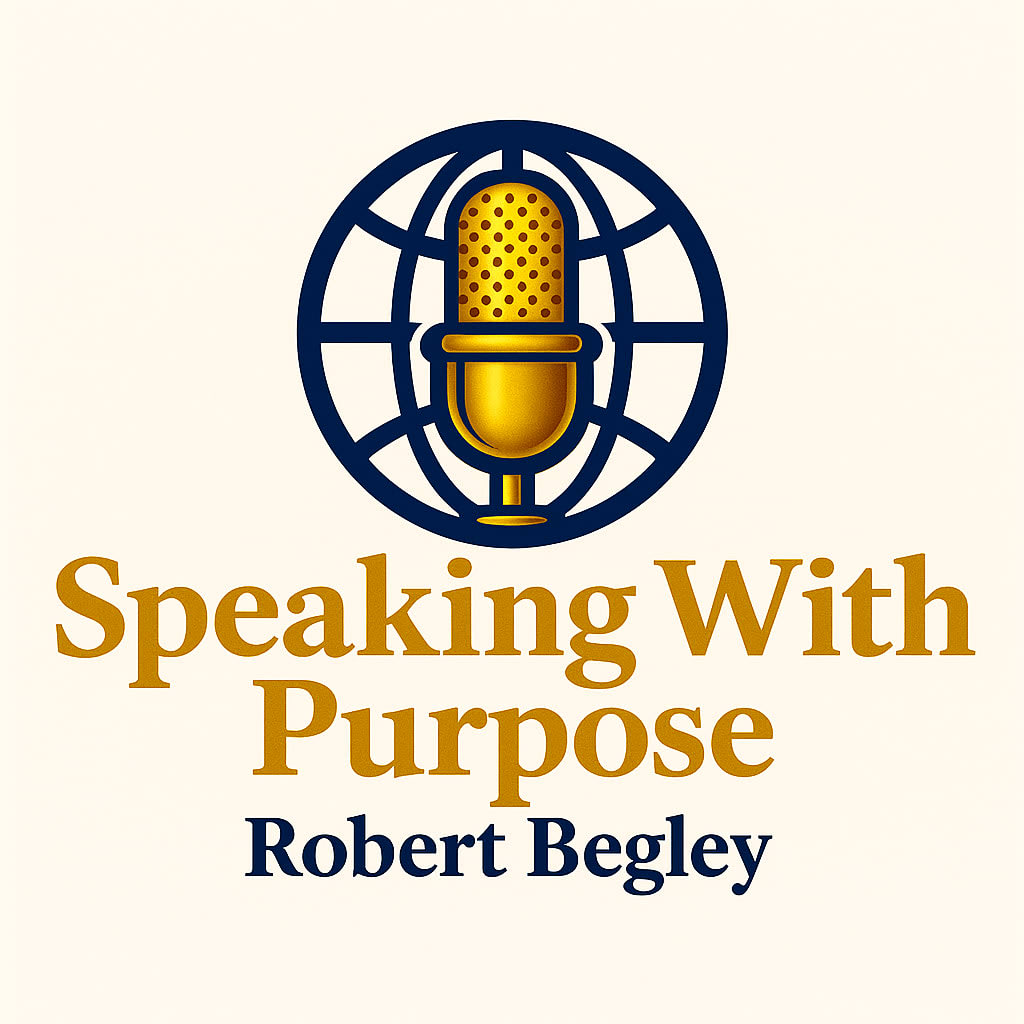How Rush Led Me To Rand

“Live for yourself, there’s no one else more worth living for. Begging hands and bleeding hearts will only cry out for more.” Anthem by Rush
At sixteen, these words were my heartbeat and lifeblood. I didn’t understand why. I felt I didn’t have to, it was self-evident. It didn’t take long to realize that not everyone else felt the same way.
At that time I was a longhaired, anti-hippie, rock and roll singer with mixed premises attending high school in New York City. The Canadian band Rush was among my favorites. Their music was (and still is) complex, energetic, conceptual, inspirational and loud. I particularly admired their lyrics, which focused on individualism, self-reliance and happiness on earth. The latest recording I bought, 2112, had a reference to “the genius of Ayn Rand.” Since I’d never heard that name before, I went to the library to find out who he was. The only book on the shelf was Anthem. My eyebrows rose as I looked at the same title as my favorite song. I felt a prelude to something spectacular. I read the book and was fascinated with it. (In fact, the lyrics to 2112 have the same basic plot.)
Now it was time to find out if anyone else had heard of my newly discovered author. I asked my mother. She replied, “Oh that’s Ann Rand, I have one of her books.” Now I knew that Ayn Rand was a woman.
The Fountainhead was a complete break with the reality of the past. Vague concepts such as integrity, morality and egoism became luminously clear through the character of Howard Roark. Most important to me were the virtue of productiveness and the practicality of living life long range. I felt as though an explosion of repressed energy had been released from within me.
Next came Atlas Shrugged—same cause, same effect—and then the rest of her works. Within months I left home to support myself through college. My degree of productivity since then has taken quantum leaps forward, with no sign of letting up.
The impact Ayn Rand has had on me is beyond measure. But it is not the impact of a religious figure, a movie or pop star, a political spokesman or an athletic hero—these usually imply that the object of worship is greater than oneself. Ayn Rand glorified the individual. “Every man is an end in himself, he exists for his own sake, and the achievement of his own happiness is his highest moral purpose.”
I found out about Ayn Rand through my intense desire for knowledge. One of the applications of that desire has been rock and roll music. As Rush has proved, there is more to it than drugs, groupies and endless variations on the theme of mysticism and self-sacrifice.
Maybe it is possible to combine reason and rational selfishness with rock and roll. I’ll let you know if I succeed.
May, 1991
Let's Talk Success!
Unlock your speaking potential and elevate your public presence with expert guidance tailored just for you. Want to learn more about transforming your communication skills or book a consultation? Get in touch today—we’re here to help you shine on any stage! Reach out now and start your journey to becoming an unforgettable speaker.
